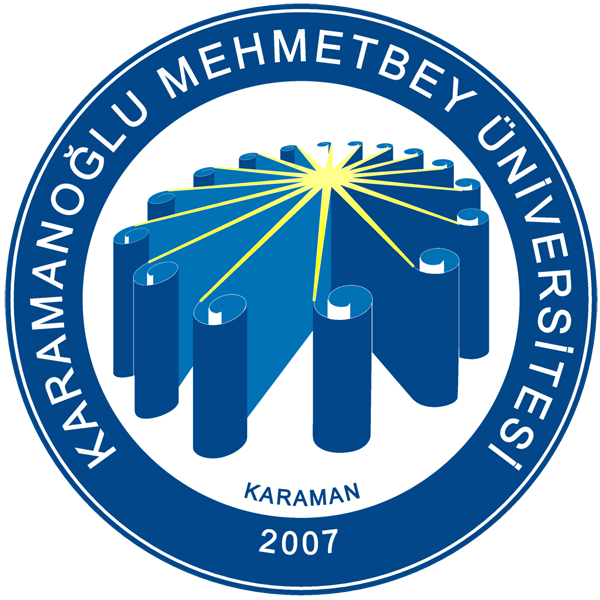Ahmet Keleşoğlu Diş Hekimliği Fakültesi
- ABOUT US
- ADMINISTRATION
-
PERSONNEL
- Department of Oral and Maxillofacial Surgery
- Department of Prosthetic Dentistry
- Department of Orthodontics
- Department of Pediatric Dentistry
- Department of Endodontics
- Department of Periodontics
- Department of Dental Diseases and Treatment
- Department of Oral and Maxillofacial Radiology
- Administrative Staff
- Forms (Staff)
- STUDENT
- CLINICAL SCIENCES
- QUALITY MANAGEMENT
- PATIENT APPOINTMENT
- QUESTION-ANSWER
